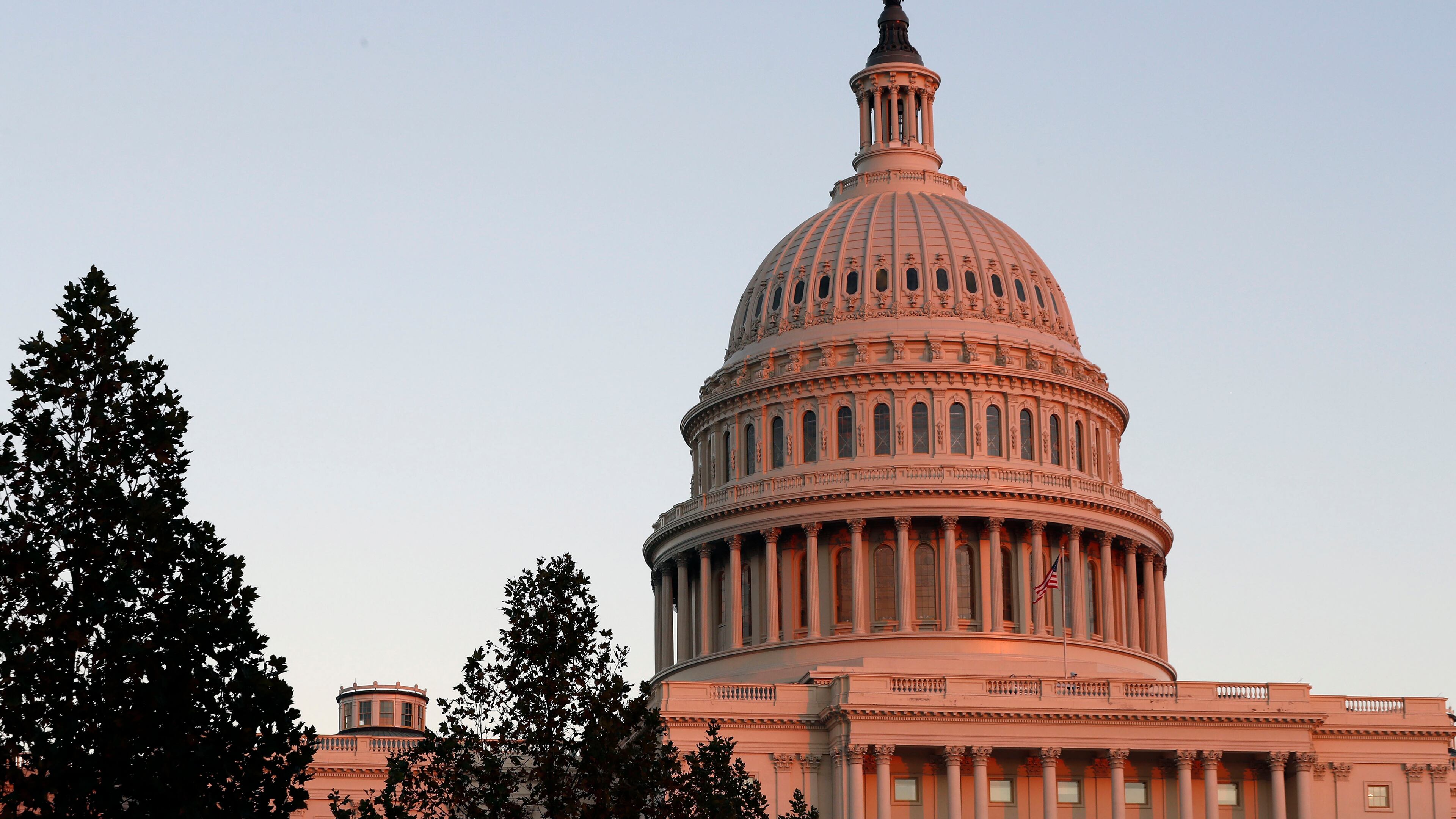Ex-Georgia senator among those subpoenaed in tax break abuse probe

Six Georgians, including a former state senator, were served subpoenas for documents this week from a powerful U.S. Senate panel conducting a bipartisan probe into potential abuse of tax-advantaged land preservation deals.
The subpoenas are part of the Senate Finance Committee’s investigation into tax incentives designed to promote the protection of land known as conservation easement transactions.
Under the practice, owners who agree to permanently ban development on environmentally sensitive land can claim charitable tax deductions equal to the forgone value of the property. (For example, if a tract would be valued at $5 million fully developed and $1 million undeveloped, investors could claim a $4 million charitable tax deduction.)
The Justice Department and Internal Revenue Service have increased their scrutiny of such deals in recent years as reports surfaced that some wealthy investors have used inflated appraisals as a tax-dodging technique. They've done so by buying into partnerships that allow them to quickly reap tax benefits several times larger than their initial investments.
Proponents say such syndicated transactions help protect land while also connecting cash-strapped landowners with investors who have enough income to benefit from the tax deductions. Critics say wealthy investors are gaming the system on the backs of the public and undermining an otherwise successful land conservation program.
The IRS estimates that between 2010 and 2016, dubious investors claimed $20 billion in tax benefits using syndicated transactions, with $6 billion coming from participants in 248 land deals in 2016 alone.
Such transactions have become increasingly popular in the Southeast and particularly Georgia, according to the Brookings Institution, whose investigation of the practice in 2017 helped guide the Senate Finance Committee's probe.
The Georgians served subpoenas — Matthew Campbell, Robert McCullough, Matt Ornstein, Eugene "Chip" Pearson, Mark Pickett and Frank Schuler — were named in the Brookings report. They were initially approached by the Finance Committee in March, when the panel asked 14 people about their association with partnerships suspected of abusive practices.
This week’s subpoenas suggest committee leaders were unhappy with the responses they received.
“We expect fulsome cooperation with our investigation, and it’s unfortunate we’ve had to resort to compulsory process,” Chairman Chuck Grassley, R-Iowa, and Ranking Democrat Ron Wyden of Oregon said in a joint statement. “Ultimately, when Congress makes an inquiry, it needs to be answered. It’s not optional.”
“If a handful of folks can game the system for profit, then we’re all left holding the bag,” they added.
Pearson is a former GOP state legislator who represented the Dawsonville area in the Georgia Senate from 2005 to 2011 and was chairman of the Senate Economic Development Committee. He raised eyebrows during his last year in office by sponsoring a bill that would have benefited one of his business partner’s clients.
The Senate Finance Committee also subpoenaed documents this week from two other senior executives at Pearson’s real estate development company, EvrSource Capital: Campbell and Pickett.
The former state senator did not respond to requests for comment, nor did Pickett or Campbell.
Two other Georgians who received subpoenas, business partners Ornstein and Schuler, said their real estate investment firm, Ornstein-Schuler Investments, sent the committee nearly 120,000 pages of documents but was seeking written assurances of confidentiality after the panel requested information about its investors.
“Unfortunately, our repeated efforts to satisfy the Committee’s request were rejected or ignored, including as recently as the past two weeks,” Ornstein, the company’s CEO, said in a statement. “We will review the subpoena and continue to work to ensure that sensitive taxpayer information is protected.”
The firm, which is based in Atlanta and operates in several Southeastern states, said it has gone above and beyond to comply with the law and that its land conservation efforts have been substantial.
Still, the company said in January that it would no longer involve itself in conservation easements "given recent developments and the uncertainty related to the conservation and gifting of property."
McCullough did not respond to requests for comment, but he and his Atlanta real estate development company EcoVest Capital were named in a lawsuit filed by the Justice Department in December saying they engaged in allegedly abusive conservation easement transactions. The feds allege that the company's promoters claimed $2 billion in tax deductions across 96 transactions over the past decade.
The firm has vehemently denied breaking the law, and McCullough said in a March statement to The Wall Street Journal that EcoVest has been "actively trying over the past three years to work with lawmakers to stem abusive conservation easements and create best practices."
Washington’s effort to crack down on such transactions has set off a debate among proponents of the tax break, which was created four decades ago and has been used by President Donald Trump at several of his properties.
Some pro-syndication transaction groups, including the Partnership for Conservation, say claims of abuse are “exaggerated” and that changing the tax code would curtail conservation efforts and limit benefits to the very wealthy.
“With nearly 6,000 acres of natural land lost to development every day, we need more conservation — not less,” the group’s website states.
The Land Trust Alliance, a trade organization representing roughly 1,000 trusts, said it welcomed efforts to stamp out abuse in order to maintain the integrity of the tax benefit.
“If the promoters of these deals truly believe they are appropriate, they should have no problem providing information to Congress to substantiate their activities,” Andrew Bowman, the group’s president and CEO, said this week.



